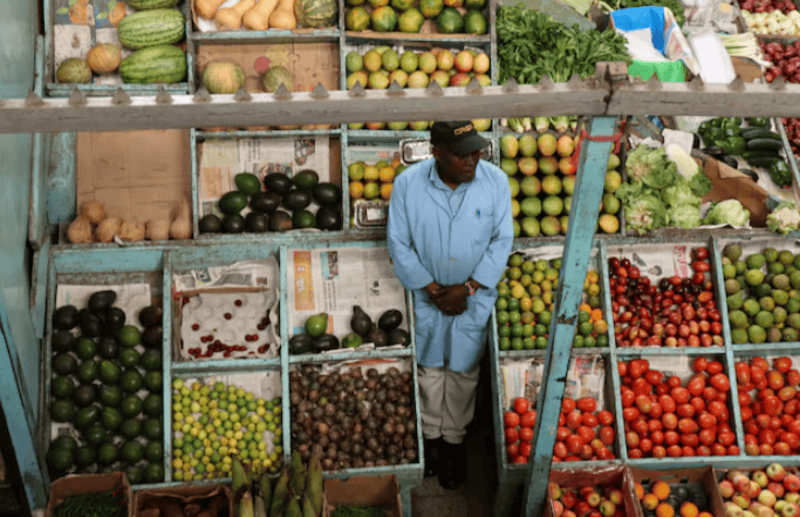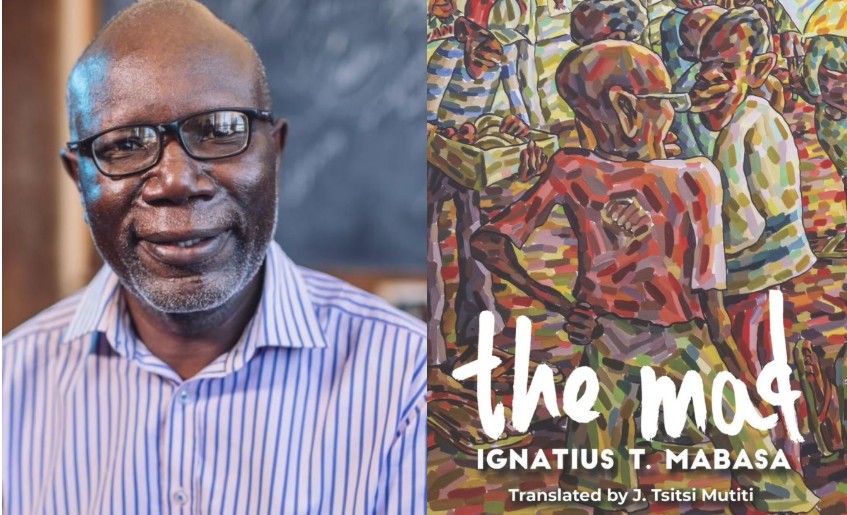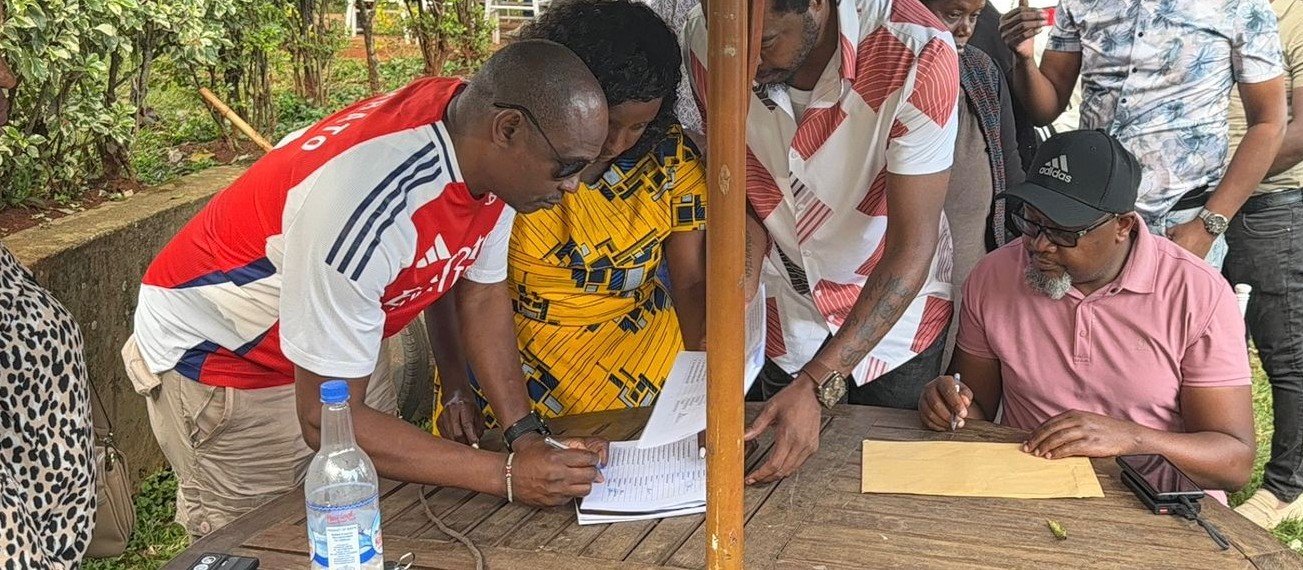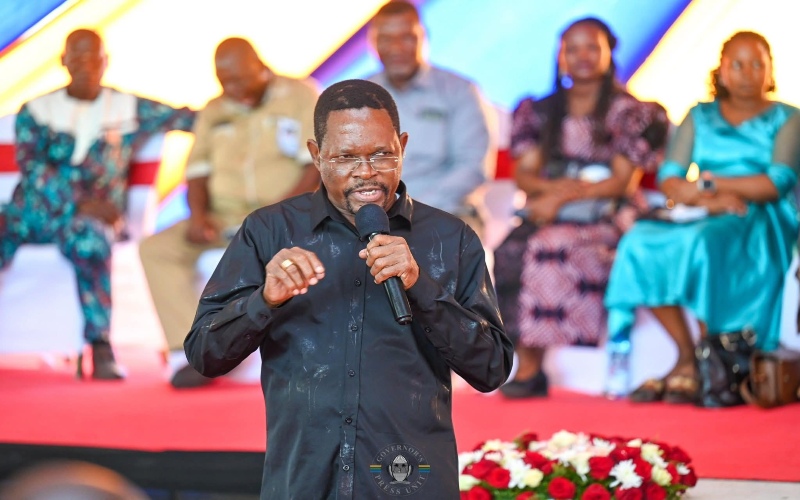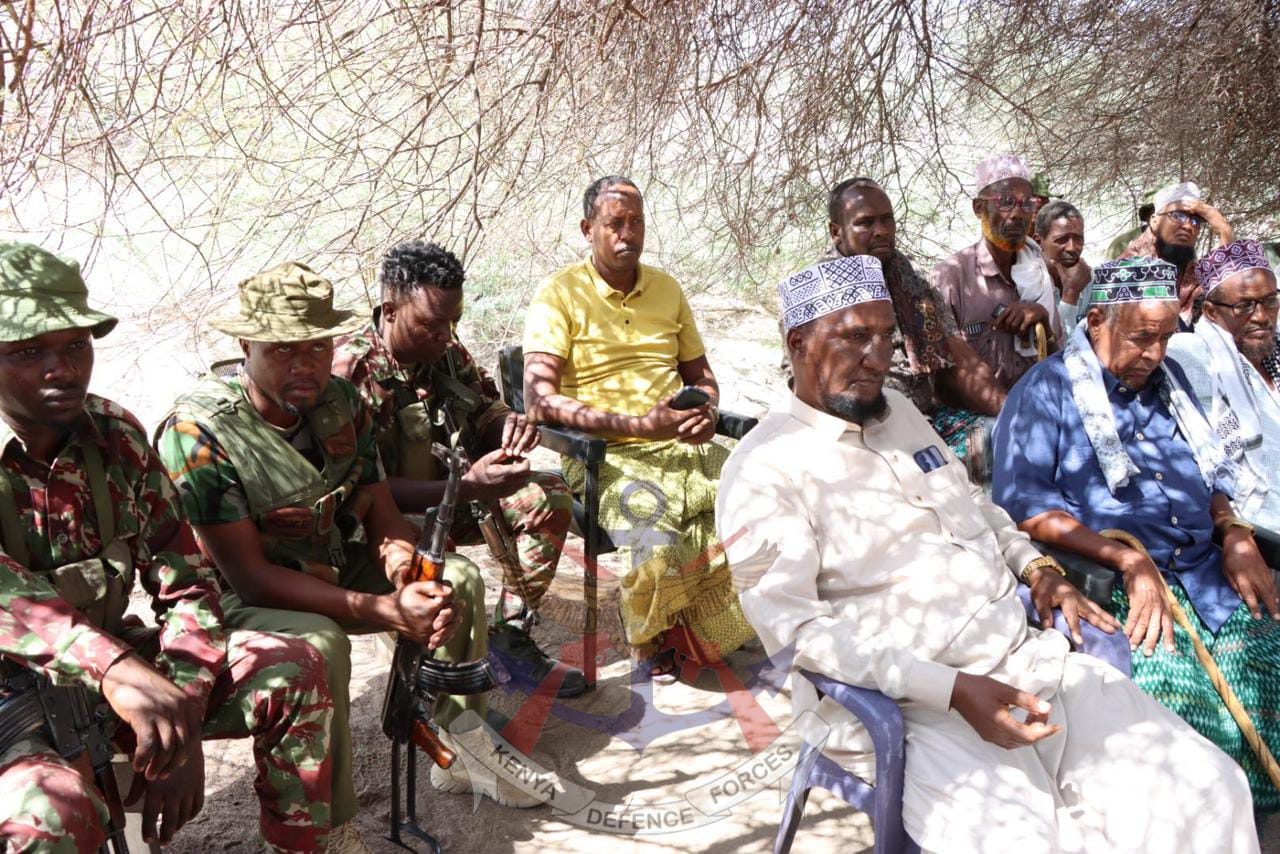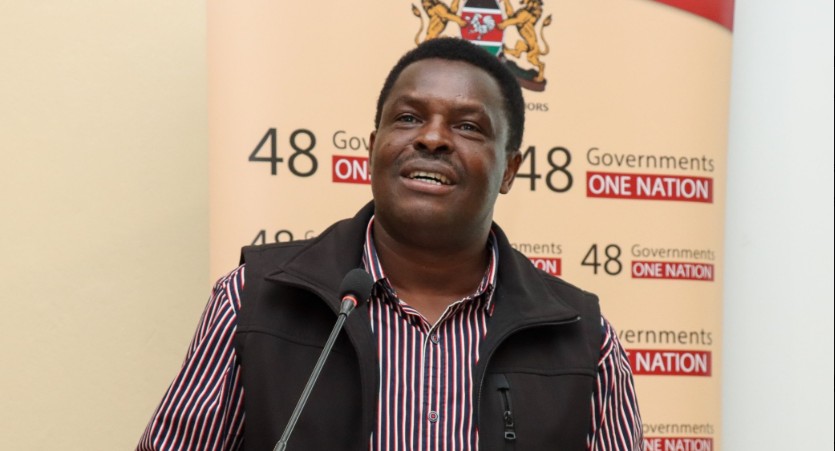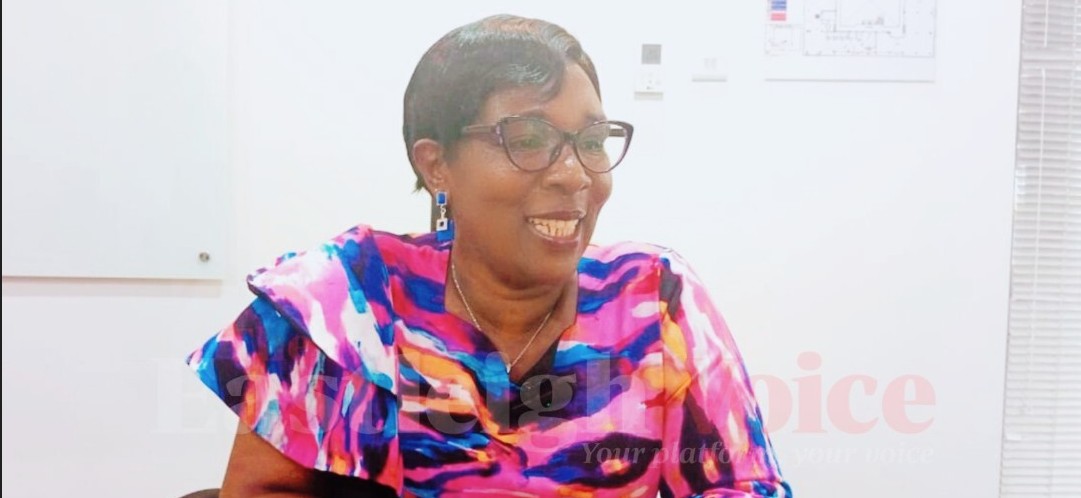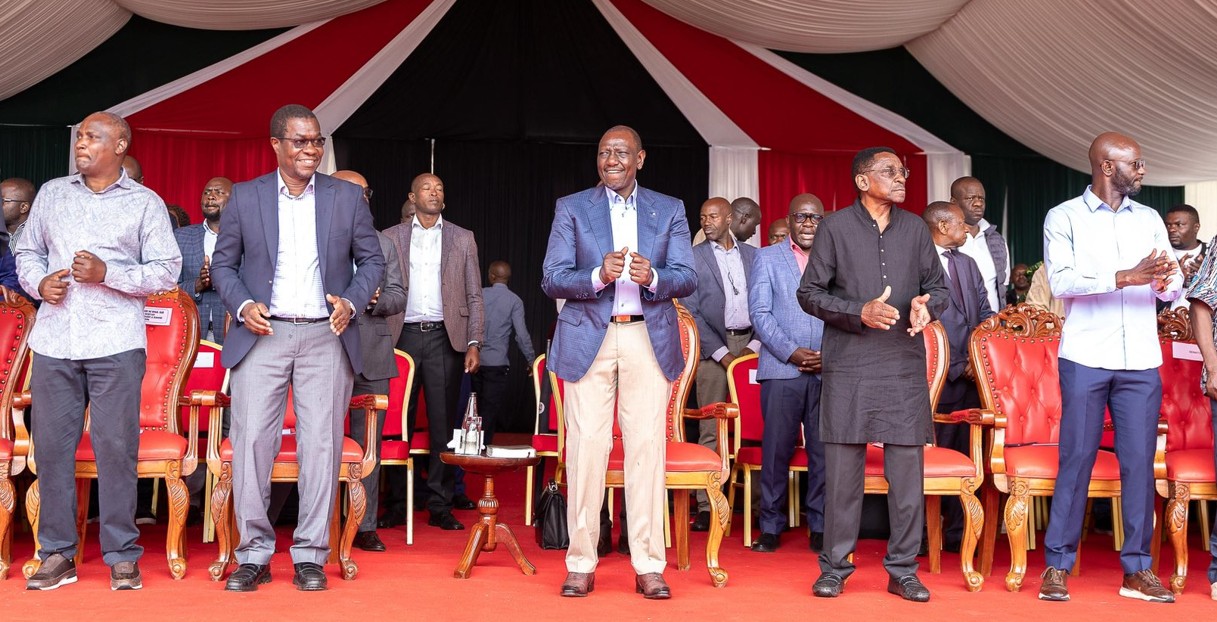Grade 9 learners to receive textbooks by December 2024, publishers say
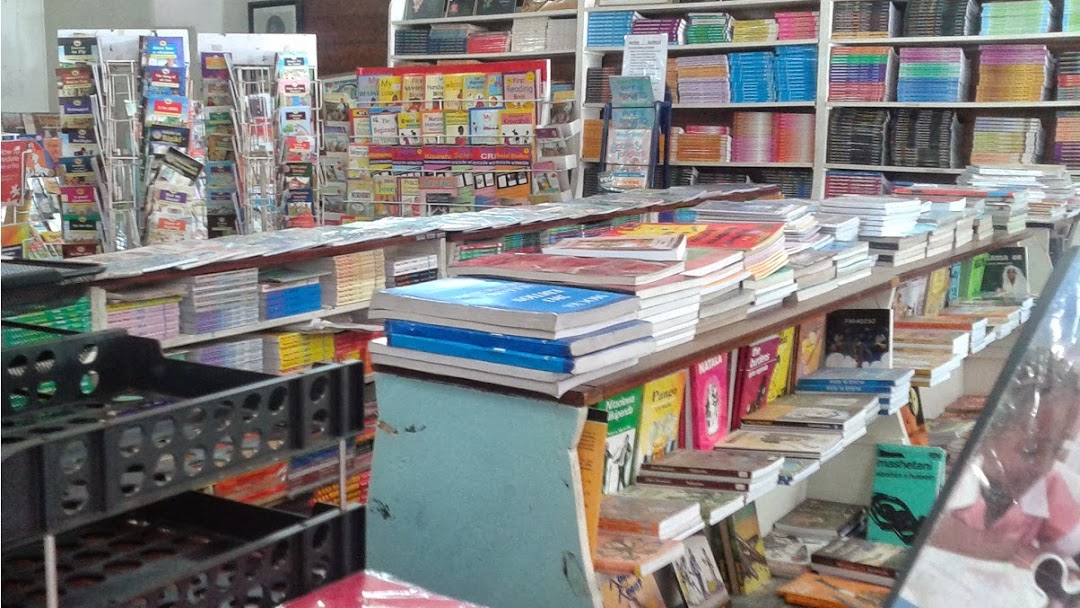
However, the Kenya Union of Post-Primary Education Teachers (KUPPET) has raised concerns over the government's preparedness for Grade 9.
The Kenya Publishers Association (KPA) has announced that learners in pre-primary and primary schools will receive new textbooks by January 2025.
Speaking on Sunday ahead of the Nairobi International Book Fair, KPA Chairman Kamau Kiarie said the textbooks for Grade 9 (Junior Secondary) will be delivered between October and December 2024.
More To Read
- KUPPET demands release of capitation funds amid cash crunch in schools
- KUCCPS extends TVET application deadline for September 2025 intake
- Unions push for stand-alone junior schools, teachers cite stalled career growth
- Parents, teachers hail launch of modern libraries in Lamu schools to nurture reading culture
- Raila pushes for expanded devolution, says counties should run schools and local infrastructure
- MPs approve new system to standardise education qualifications
“These were already evaluated by the Kenya Institute of Curriculum Development (KICD), and results were released to the publishers. As soon as the process of signing contracts is finalised, publishers will embark on printing and distribution ahead of the first term in January 2025,” Kiarie said.
He highlighted that the new textbooks were developed following the recommendations made by the Presidential Working Party on Education Reforms (PWPER). The reforms aimed to rationalise the number of learning areas to reduce overload, overlaps, and gaps in the curriculum.
“This rationalisation process involved reducing learning areas and content by integrating existing subjects,” Kiarie said, adding that the Kenya Institute of Curriculum Development (KICD) oversaw the process.
In Lower Primary, learning areas have been cut from eight to seven; in Upper Primary, the subjects have been reduced from eleven to eight, and in Junior Secondary, they have been trimmed from fourteen to nine.
"As a result, publishers developed books based on the rationalised curriculum designs," Kiarie said.
In a shift from previous practice, textbooks for English and Kiswahili language activities will now be evaluated solely for the open market. While primary school pupils study subjects, junior school students cover nine learning areas with 40 lessons per week.
The core subjects in junior secondary include English, Kiswahili, Mathematics, and Social Studies, as well as Agriculture, Life Skills Education, Business Studies, Sports, and Physical Education. Religious education is also compulsory, with students studying Christian Religious Education, Islamic Religious Education, or Hindu Religious Education.
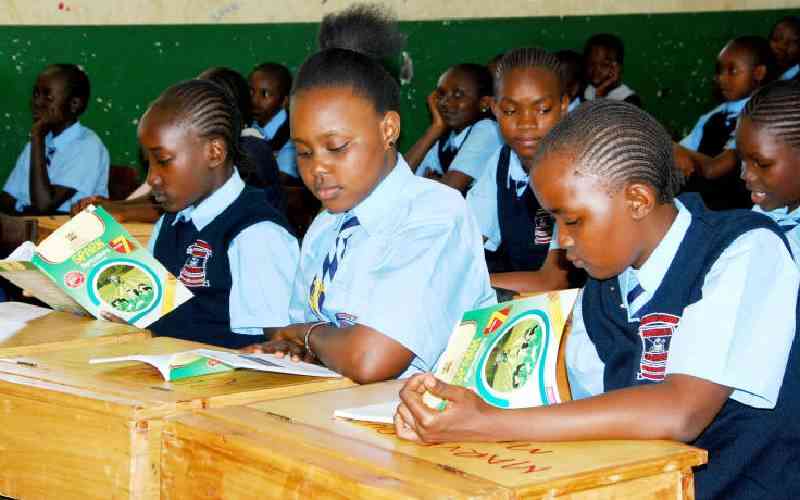 Junior Secondary School (JSS) students in class. (Photo: KICD)
Junior Secondary School (JSS) students in class. (Photo: KICD)Junior Secondary School (JSS) students in class. (Photo: KICD)
Other core subjects are Integrated Science, Health Education, and Pre-technical and Pre-vocational Education, which provide students with technical skills needed for the workforce. Elective subjects include Visual Arts, Performing Arts, Home Science, Computer Science, Foreign Languages (such as German, French, Arabic, Chinese, or Mandarin), Local Language, and Kenyan Sign Language.
In July, a pilot programme for the Grade 9 final assessment, the Kenya Junior School Education Assessment (KJSEA), was conducted in 235 schools across all 47 counties. The Kenya National Examinations Council (KNEC) used current Grade 8 learners to trial the new transition assessment.
However, the Kenya Union of Post-Primary Education Teachers (KUPPET) has raised concerns over the government's preparedness for Grade 9.
Acting Secretary-General Moses Nthurima questioned whether the government would be able to complete the necessary facilities for Grade 9 students by January 2025.
“Why can't the learners transition to our secondary schools, which have adequate facilities like classrooms and laboratories? Next year, there will be no Form One classes, and the classrooms will be empty. They should accommodate Grade Nine,” Nthurima said.
Other Topics To Read
Meanwhile, the KPA has also expressed concern over the persistent issue of piracy, particularly in the digital space, where illegal copies of books are sold at low prices via social media. The association further called on the government to scrap the 16 per cent Value Added Tax (VAT) on books to make educational materials more affordable.
“We urge the government to remove VAT on books as a way of making knowledge accessible to all, promoting lifelong learning, and fostering a knowledge-based economy,” the association said.
Top Stories Today

